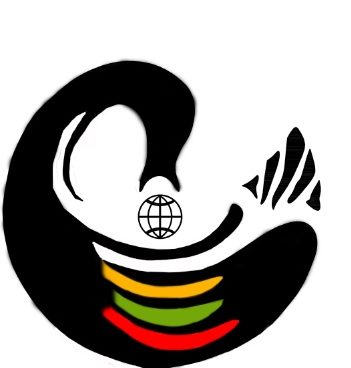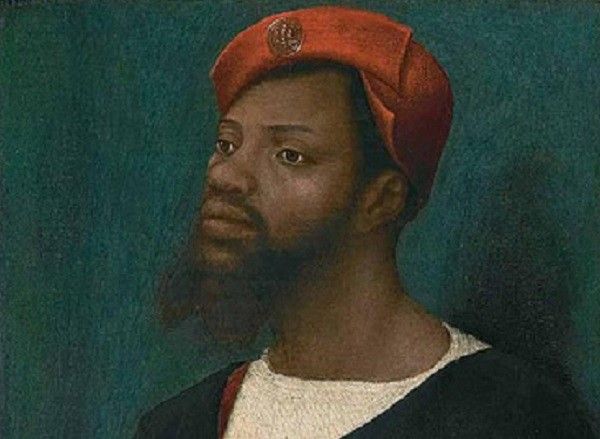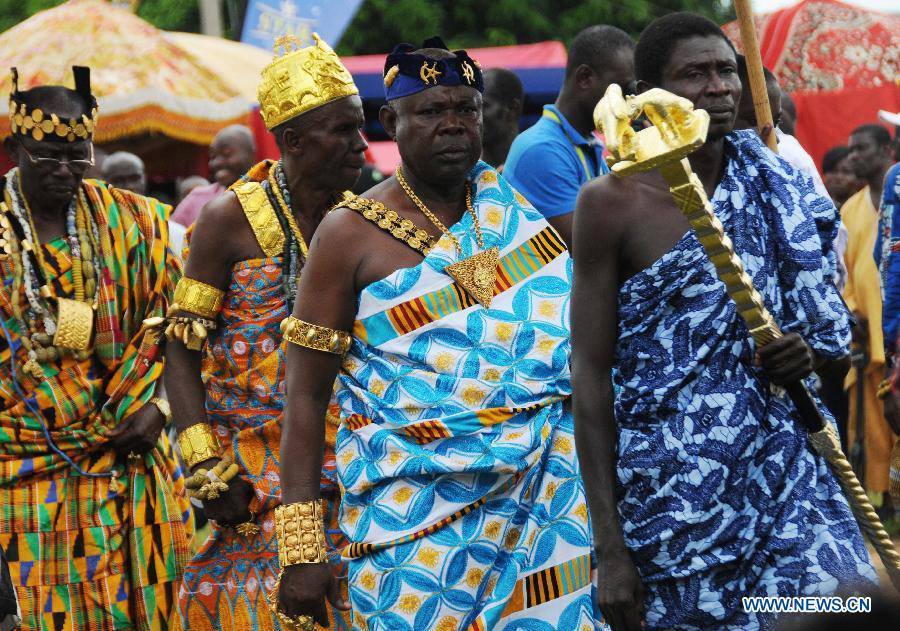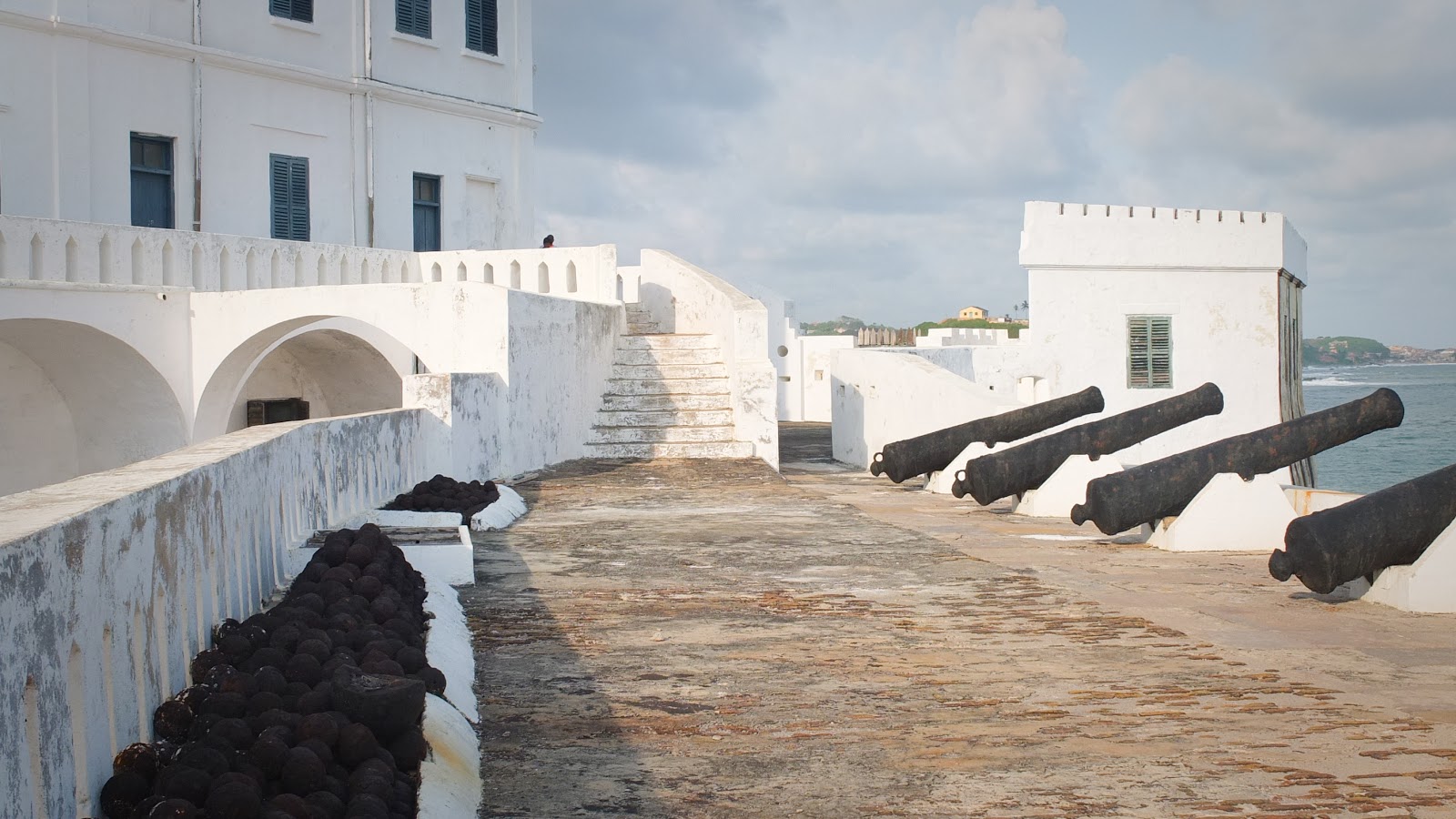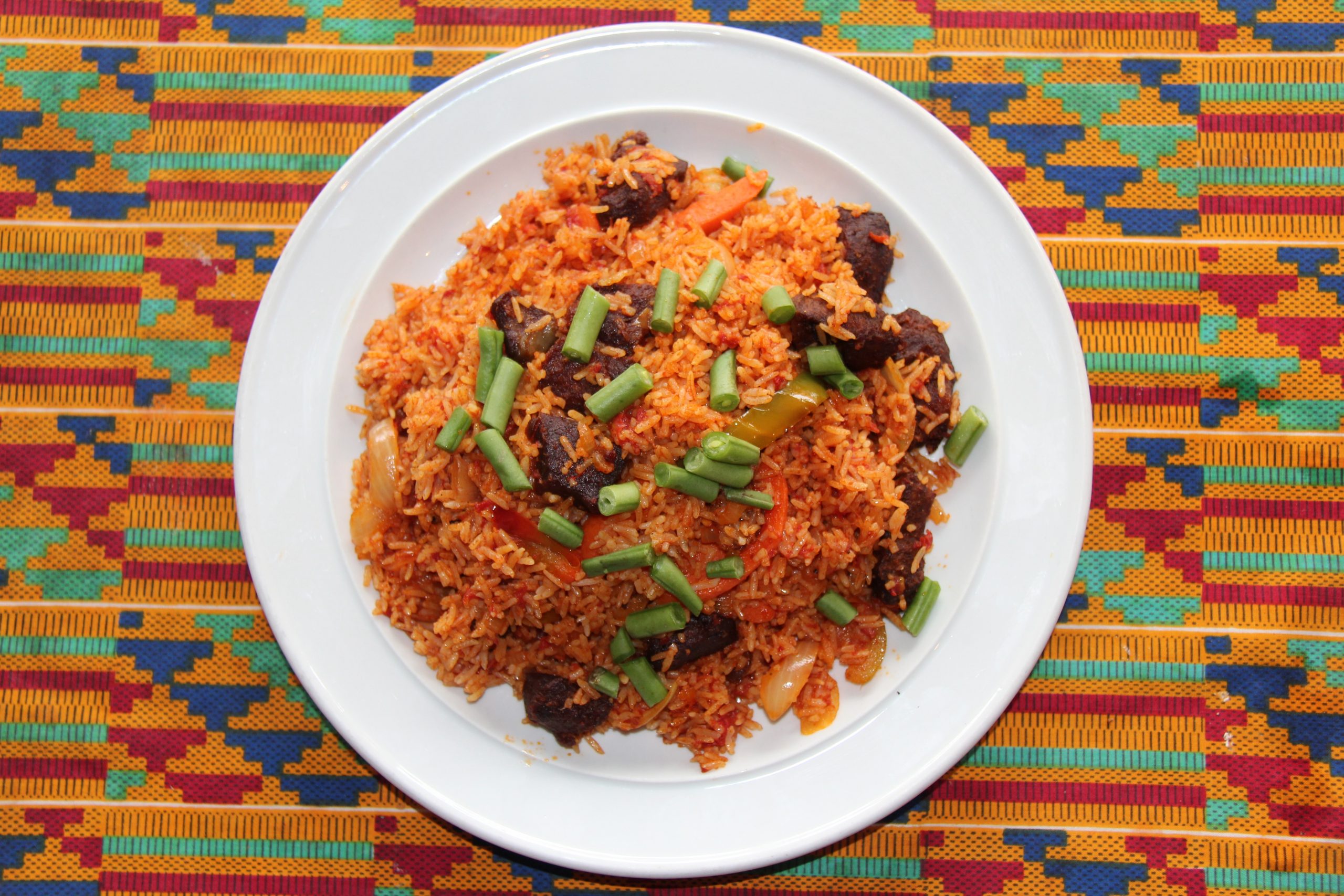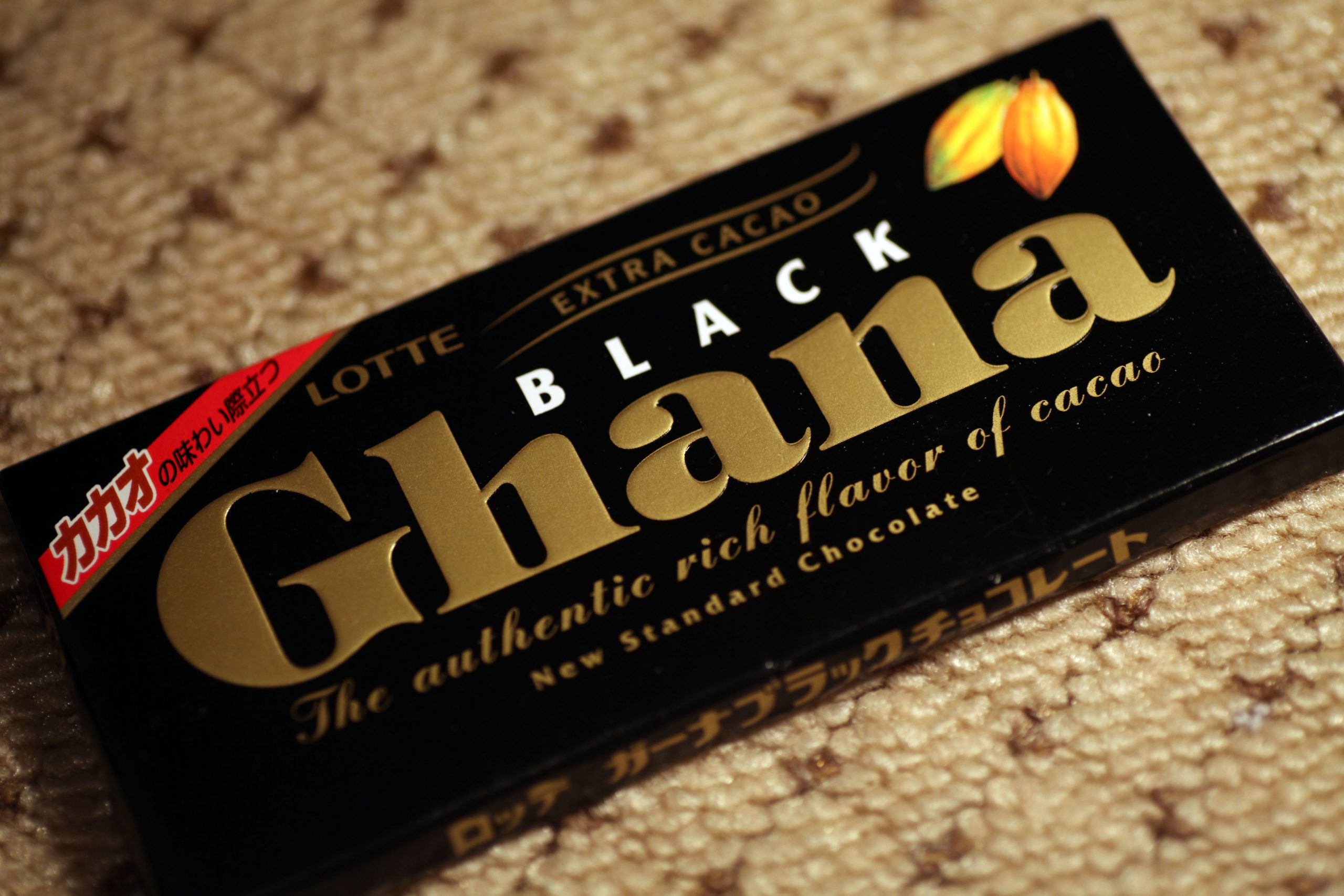Ghana is located in western Africa, situated on the coast of the Gulf of Guinea. Although relatively small in area and population, Ghana is one of the leading countries of Africa, partly because of its considerable natural wealth and partly because it was the first black African country south of the Sahara to achieve independence from colonial rule. In addition to being known for its lush forests, diverse animal life, and miles of sandy beaches along a picturesque coast, Ghana is also celebrated for its rich history. Apart from providing the bulk of national income, agriculture, forestry, and fishing employ more than half of the population. Cacao—grown commercially for its seeds, cocoa beans—is cultivated on more than one-half of Ghana’s arable land and is a significant source of the country’s export revenue. The Ghanaian domestic market is important. The value of food produced for local consumption is considerable. The soil and climate favour a wide range of crops. Yams and cereals such as rice and millet are produced primarily in the northern savanna zone; cattle are also raised there. Besides cocoa beans and timber, other agricultural products that are exported include sugar, coffee, palm oil, palm kernels, copra, and various fruits and vegetables. Ghana is home to many outstanding cultural institutions. The National Commission on Culture, which preserves and promotes Ghanaian cultural heritage, has a number of regional culture centres located throughout the country. The well-known Centre for National Culture in Kumasi is focused on the cultural heritage of the Asante. The National Theatre, located in Accra, hosts the National Symphony Orchestra, the National Dance Company, and the National Drama Company. The Ghana Museum and Monuments Board is also based in Accra, where it maintains the National Museum, which houses collections of ethnography, archaeology, and art, and the Museum of Science and Technology.
Things to Do:
Visit the Cape Coast Castle
Visit Kwame Nkrumah Memorial Park
Bojo Beach
Accra Mall
